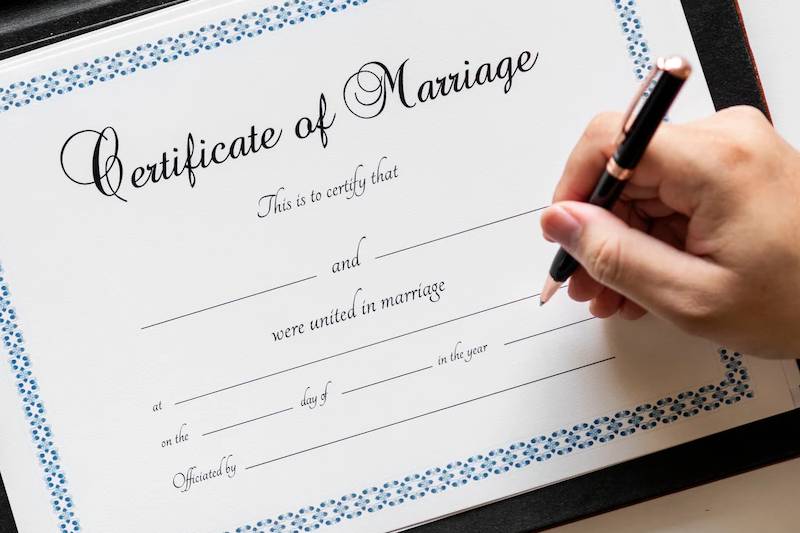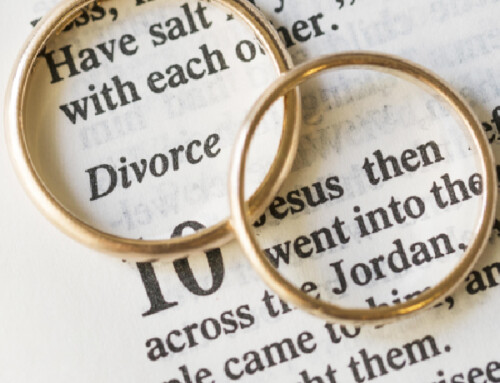“What’s in a name… a rose by any other name would smell as sweet” is mused famously by Juliet in Shakespeare’s epic play about love and despair.
It has become commonplace in Scotland for a change of name to take place when a couple gets married. Traditionally the wife adopts the husband’s surname, and their children are also traditionally known by the paternal surname.
In Scottish Law, a wife becomes legally known by her husband’s surname once she’s been married. If a married woman raises court proceedings, particularly family law court proceedings, she will be described in those court proceedings by both names. That means that Miss Juliet Capulet is described as Mrs Juliet Capulet or Montague. This will apply even if she has never used her married surname.
This often seems to be quite imbalanced and somewhat patriarchal, as marriage has no impact at all on the husband’s legal name. The court is sensitive to this, and from a practical perspective the court will usually enquire as to what name a married woman would prefer to be addressed by if she is involved in litigation.
Upon divorce, the former wife is still technically known by both legal surnames. This means that if she gets married again, her new legal name will now include her new husband’s surname too, thus the former Miss Capulet is now called Mrs Juliet Capulet or Montague or Escalus. Practically, this is only ever likely to be used if she becomes involved in future litigation.
However, this potential imbalance is capable of being addressed. Scottish law recognises the right of an individual to choose their name. Any adult over the age of sixteen can make a sworn oath to a notary public that they are discarding a legal name and adopting a new legal name of their choice. A notarised declaration is accepted by all official bodies including the UK passport office, the DVLA and banks. At Johnson Legal, all of our solicitors are qualified notary publics and we are very happy to assist with preparing and signing the required declaration.
It is also possible for children’s names to be changed however, the consent of everyone with parental rights and responsibilities (which is usually both parents) is required. If this is not agreed, an application can be made to court for an order called a ‘specific issue order’. If a compromise is required, the court’s preferred position is generally to give the child a double-barrelled surname with the hyphenated surnames of both parents. The court can also make an order which ordains the parents of the child to use the new surname in all circumstances to ensure that the child is not confused and that future disputes do not arise.







